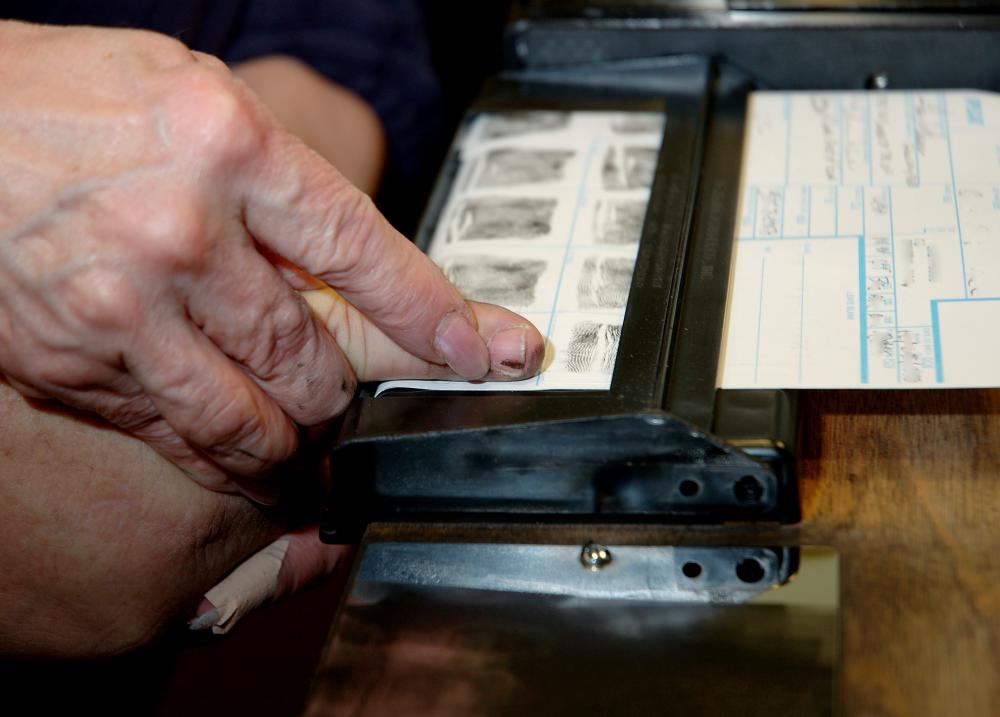At SmartCapitalMind, we're committed to delivering accurate, trustworthy information. Our expert-authored content is rigorously fact-checked and sourced from credible authorities. Discover how we uphold the highest standards in providing you with reliable knowledge.
What is Fiduciary?
A fiduciary is someone who accepts the responsibility of taking care of the property or needs of another person, to the benefit of that person. The person will place their trust in the fiduciary to be accountable and manage for that person, not for the benefit of the fiduciary. There is a huge element of trust involved, especially if the person receiving services becomes ill, frail or incapacitated.
Fiduciaries can fill a wide variety of roles. They are court-appointed to be guardians. They can also act as personal representatives of estates. They also act as trustees, representative payees for Social Security income and other income plans or agents under power of attorney.

It should be noted that the roles a fiduciary fills and how one is certified and appointed varies based on the country or jurisdiction. Even the different states in America have different rules for fiduciaries. In some states, there are public and private fiduciaries. A public fiduciary is appointed by a board of supervisors and certified by the state. He or she may be appointed by the board to be a guardian or representative when no one else is capable or willing to serve. The fees for a public fiduciary and their staff must be approved by the court and are paid by the estate.

A private fiduciary is a non-family member who serves for a fee and must also be certified by the state. The private fiduciary may serve when he or she is not a beneficiary of that estate. Private fiduciaries charge hourly rates or fees for specific services they provide. Their fees must be approved by the court, and the court determines which fees are considered reasonable.
Fiduciaries are not to be thought of as caregivers. The fiduciary will not provide personal services such as bathing, dressing or household chores. He or she will, however, arrange for these services to be provided.

In most jurisdictions, there are also professional fiduciaries. These fiduciaries are typically certified by a court and governed by a professional fiduciary association. This means that they must become certified and meet specific eligibility requirements. They must also take initial training and pass a test, furnish a set of fingerprints and pass a criminal background check. The certification must usually be renewed; in some jurisdictions the renewal period is every two years. In most US states, family members are not required to be certified to serve as a fiduciary for their own family members.
AS FEATURED ON:
AS FEATURED ON:













Discussion Comments
What are the laws in WV for Fiduciary?
How does that work if you have been to court for custody of two minor children and lost?
Do fiduciaries (private fiduciaries or professional fiduciaries) get paid?
Fiduciaries are certified and appointed by a Superior Court (usually the Probate Division).
I am the grantor of a irrevocable trust,
can I sign as the fiduciary on the
1041 grantor trust income tax return ?
Post your comments